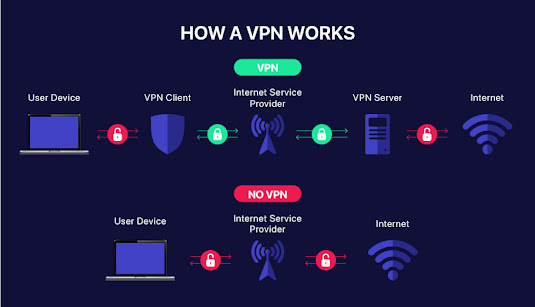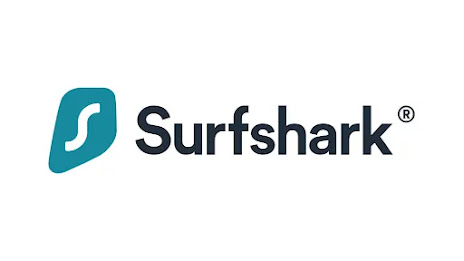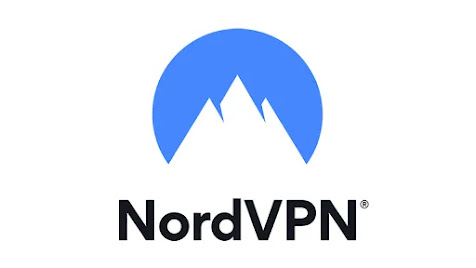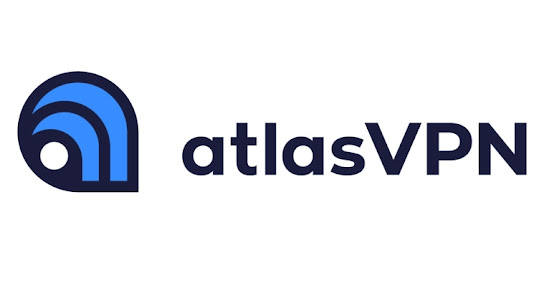What is a VPN?
A VPN (virtual private network) is the easiest and most effective way for people to protect their internet traffic and keep their identities private online. As you connect to a secure VPN server, your internet traffic goes through an encrypted tunnel that nobody can see into, including hackers, governments, and your internet service provider.
 |
Benefits of using a VPN
- Hides Private Information
Websites and apps can continuously track your online activity, analyzing the data they collect. A VPN can prevent web browsers and others from accessing your connection, helping to keep the information you send and receive anonymous and secure. Some VPNs also offer military-grade 256-bit encryption of your data.
- No data-throttling
Data throttling occurs when you’ve used a certain amount of your data and, as a result, your internet service provider slows down your service. With a VPN, not only will your data be free from the prying eyes of ISPs and others, but you also won’t be subject to a data cap. ISPs can place caps on data to maximize internet speed for some of their customers.
- Avoid bandwidth-throttling
If you’ve suffered from slower internet speed on certain websites at times, you may have experienced bandwidth throttling. ISPs — or anyone with administrative controls over your network — might be responsible for the slowdown. A VPN can help. It can thwart the sluggishness by encrypting your device’s internet traffic. This prevents anyone on the same network from seeing your web traffic content and disguises its destination.
- Acess region-blocked services
Some VPNs may be able to access geo-blocked apps and content such as Netflix.
A VPN can change your IP address to make a content provider think you’re browsing in another location or region that allows access.
- Smart Saving
If you are willing to put in a little research, a VPN can help you save money via its location spoofing capabilities. Many types of businesses, such as subscription services and airlines, offer the same amenities or products for different prices. If you change the appearance of your location to a place where services are offered cheaper, you can end up with big savings.
Reasons Why You Should Use a VPN
- Security on Public Wi-Fi
Public Wi-Fi is convenient but comes at the expense of security. When you’re answering emails at a local coffee shop or absent-mindedly scrolling through social media at the airport, someone may be tracking your online activity.
Using a VPN protects your data while you are on other networks, hiding your browsing history, banking information, account passwords and more from ill-intentioned internet strangers.
Using a VPN protects your data while you are on other networks, hiding your browsing history, banking information, account passwords and more from ill-intentioned internet strangers.
- Data Privacy From Your Internet Service Provider
While connected to your home Wi-Fi, you are less likely to be attacked by strangers than on a public connection. However, your data is still vulnerable.
Your ISP or internet service provider—Comcast, Spectrum, Verizon or other company who you pay for Wi-Fi each month—can access all your internet data. Your ISP can see when, where and how you browse.
This data can be collected and sold to advertisers even if you’re using the “private” browsing function, and it can be dangerous in the wrong hands in the case of a data breach. A VPN can help obscure your IP address from your own ISP.
Your ISP or internet service provider—Comcast, Spectrum, Verizon or other company who you pay for Wi-Fi each month—can access all your internet data. Your ISP can see when, where and how you browse.
This data can be collected and sold to advertisers even if you’re using the “private” browsing function, and it can be dangerous in the wrong hands in the case of a data breach. A VPN can help obscure your IP address from your own ISP.





0 Comments